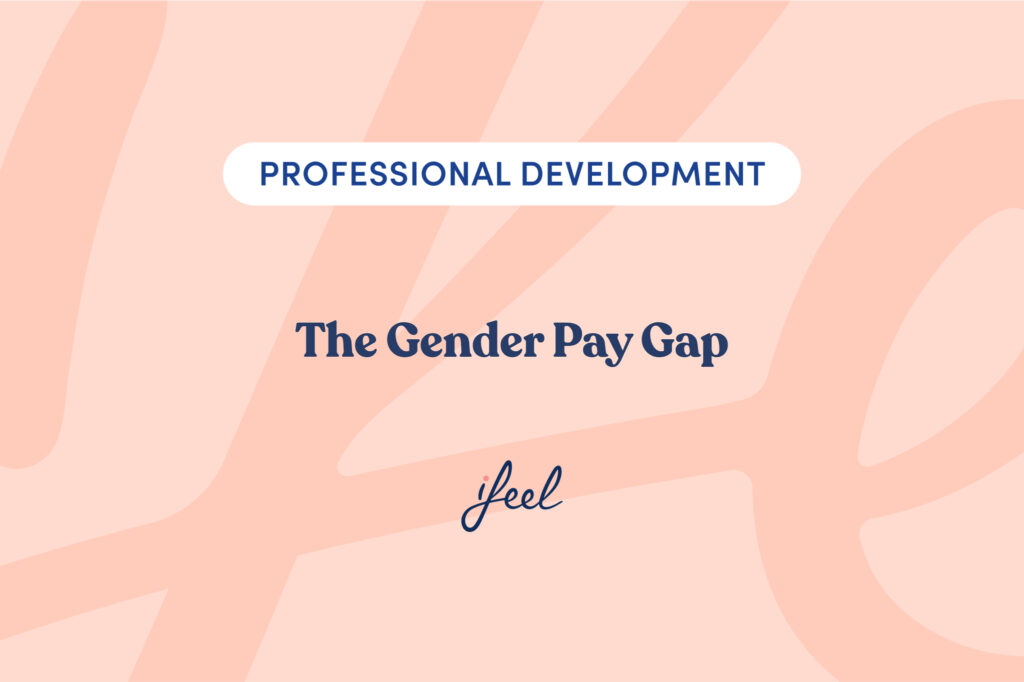The gender pay gap remains a pivotal concern in the contemporary workforce, highlighting the disparity in earnings between men and women for similar roles. According to UN Women, women only make 77 cents for every dollar earned by men, underscoring a stark reality of inequality that transcends borders and industries. This gap reflects historical biases and impacts women’s economic stability globally. Addressing this issue is crucial for promoting equality and ensuring a thriving workplace environment.
What active steps are you taking to tackle this issue as a decision-maker?
Key challenges faced by women in the workforce
Women encounter numerous systemic challenges that affect their career trajectories and overall workplace experiences. Their professional journeys are laden with hurdles perpetuating inequality in many industries. These challenges are not only economic but also cultural and structural.
- Temporary and part-time contracts: Women are disproportionately employed in temporary or involuntary part-time roles, limiting their earning capacity and job security.
- Limited career advancement opportunities: Women often face barriers to promotion, resulting in fewer women in leadership roles and higher-paying positions.
- Job recognition disparities: Many women occupy roles that are undervalued socially and economically, despite their critical contribution to the organisation’s success.
Addressing these challenges requires a multifaceted approach, emphasising policy change, cultural transformation, and leadership commitment to equity.
Negative effects of the gender pay gap
The implications of the gender pay gap extend beyond individual dissatisfaction, affecting organisational dynamics and economic performance. Recognising these effects is the first step towards meaningful change.
| Negative Effect | Description |
|---|---|
| Ethical and legal concerns | Paying women less than men for equal work is both discriminatory and illegal. Persisting in such practices can lead to legal repercussions and reputational damage. |
| Disruptive workplace dynamics | Unequal pay fosters an environment of mistrust and resentment among employees, leading to decreased cooperation and impaired team cohesion. |
| Decreased employee motivation | Knowledge of pay disparities undermines motivation, reducing productivity and overall job satisfaction for all employees. |
| Talent drain | Women are likely to seek employers who offer equitable pay and recognition, leading to a loss of talent and increased turnover costs. |
| Hindered diversity and inclusion efforts | The gender pay gap stands in opposition to diversity and inclusion initiatives, undermining efforts to build a truly equitable workplace. |
The gender pay gap is not merely an issue of fairness but a critical factor influencing organisational health. Companies must address these negative effects to enhance employee engagement, retention, and overall performance.
Companies’ role
Enterprises can transform the gender pay gap by implementing strategic initiatives that foster a more equitable and effective workplace.
Key actions companies can undertake include:
- Implementing transparent pay structures: Ensuring clear compensation frameworks are based on merit and qualifications promotes fairness and trust.
- Conducting regular pay audits: Evaluating salary data periodically to identify and rectify any disparities helps maintain compliance with equal pay laws and address the gender pay gap.
- Promoting women into leadership: Actively supporting the advancement of women into higher roles can counteract historical biases and enhance diversity in decision-making, thereby reducing the gender pay gap.
- Establishing supportive policies: Policies that support work-life balance and accommodate diverse needs reflect a commitment to equity and inclusion.
Through these actions, companies comply with legal standards and position themselves as leaders in the movement towards workplace equality.
Explore Further: Women and Mental Well-Being at Work
To delve deeper into the challenges faced by women in the workplace and explore strategies for enhancing their well-being, we invite you to listen to the insightful podcast “Women and Mental Well-Being at Work”. This podcast provides valuable perspectives on how mental health intersects with gender inequalities.
Enhance your understanding and equip your organisation with the knowledge to support women in the workplace. Click here to listen to the podcast now and join the movement towards a more equitable and mentally healthy work environment.
Women as catalysts for workplace change
ifeel’s collaborative article “Women Driving Change” underscores women’s pivotal role in transforming workplace environments. Featuring various interviews with influential women in the world of work, it highlights challenges like the gender pay gap and biases, advocating for DEI strategies and equal pay policies. These efforts not only support gender equality but also enhance workplace culture and productivity, aligning with the broader theme of fostering community and mental well-being.
Assessment checklist: Evaluating your company’s stance on the gender pay gap
Understanding your company’s position on the gender pay gap is crucial for implementing effective strategies. An assessment can highlight areas for improvement and guide future initiatives. Use this checklist to evaluate your company’s approach:
| Assessment Criteria | Description | Action Steps |
|---|---|---|
| Salary data audit | Regularly review salary data to ensure adherence to equal pay standards and address any gender pay gap. | Conduct periodic audits, compare salaries across genders, and rectify any identified disparities. |
| Feedback loops | Create channels for employees to voice concerns about pay equity and suggest improvements. | Implement anonymous surveys, suggestion boxes, and regular feedback sessions focused on pay equity. |
| Unconscious bias training | Implement training to prevent discriminatory practices in hiring and compensation. | Offer workshops and online modules to educate employees about unconscious biases and their impacts. |
| Promotion and advancement review | Evaluate promotion processes to ensure equal opportunities for advancement for all employees. | Analyse promotion data for gender discrepancies and implement transparent criteria for career progression. |
| Diversity and inclusion initiatives | Strengthen diversity and inclusion efforts to support a fair workplace environment. | Develop programs focused on diversity, equity, and inclusion, and set measurable goals for progress. |
| Communication and transparency | Foster open communication about pay structures and equity initiatives to build trust. | Hold regular meetings, publish reports on pay equity efforts, and invite employee participation. |
A thorough assessment using this checklist not only identifies areas for improvement but also lays the groundwork for impactful change, ensuring your company remains competitive and compliant. By addressing these criteria, organisations can effectively tackle the gender pay gap and foster a more inclusive workplace.
The Leadership Lens🔎
Leaders must actively advocate for initiatives that embed diversity as a core organisational value, thereby strengthening the cultural fabric and directly addressing the gender pay gap. Promoting fair practices, such as equitable pay and transparent promotion policies, reflects a steadfast commitment to integrity and equality. Additionally, engaging in continuous dialogue about diversity and inclusion fosters openness and collective problem-solving, which are essential for effectively reducing the gender pay gap. By embracing these strategies, leaders can cultivate a more equitable and dynamic workplace.
Mental health: The biggest business challenge of our time
At ifeel, we recognise that addressing the gender pay gap is not just a moral obligation, but a strategic necessity for long-term success.
To help in this process, our clinical team provides leading companies in their sector with a dynamic, scalable and fully personalised solution, powered by AI. We have a strategy and approach based on key data to help organisations with a global presence address one of the biggest business challenges of our time: mental health at work.
This solution offers employees a mental health care service structured at different levels depending on their needs at any given time. Discover our Resources section, where you will find various materials, such as webinars, podcasts, guides for human resources on current topics, and interviews with leaders of large organisations.
Data-driven methodology
Our mental health solution for enterprises employs evidence-based practices and innovative methods, backed by the latest research and a network of over 600 mental health professionals. Would you like to know more about our Clinical Research Department? Don’t forget to visit this section to stay informed about the latest studies and research on mental health in corporate environments.
We hope you found this article on the gender pay gap interesting.
If you would like more information, simply request it here. Our team will calculate the ROI based on your enterprise’s specific characteristics.










